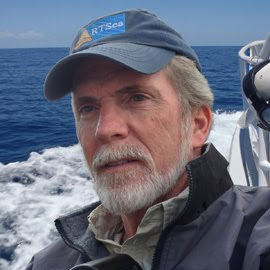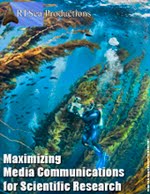 I was reading through several scientific articles on geoengineering. Lots of big words and science jargon to stumble over, but I found it both fascinating and a bit alarming.
I was reading through several scientific articles on geoengineering. Lots of big words and science jargon to stumble over, but I found it both fascinating and a bit alarming.In a nutshell, geoengineering is the use of techniques and/or processes that alter some of the normal geological processes that nature has devised. As it relates to climate change, this is different than taking steps to reduce CO2 emissions (which we should continue to do regardless). Instead or in addition to, the attempt is made to counteract the ecosystem's reaction to the various influences that contribute to climate change. It's a bit like taking medicine to treat symptoms as opposed to preventive medicine - like taking a cold medication to alter your body functions to hopefully better fight the cold (symptomatic) as opposed to staying warm and eating right to avoid getting the cold in the first place (preventative).
Some of the approaches being considered range from seeding the stratosphere with certain sulfate aerosols that will counteract the global temperature change, or using seawater particles to seed maritime clouds which would "scrub" more heat-generating CO2 out of the atmosphere, to fertilizing select areas of the ocean with iron that would stimulate phytoplankton blooms which would capture and retain more CO2.
These are all very ambitious and large-scale concepts, but some scientists feel that this is what will be needed. There are those who feel that the global ecosystem has been pushed beyond its self-regulating capabilities to maintain the current status quo and will shift to a new status quo that will have drastic implications for life on this planet - and that this new condition will last for centuries or longer regardless of our immediate success in reducing greenhouse gases. Therefore, geoengineering is needed to either possibly prevent the shift or alter the effects of the new shift.
On the one hand, it all sounds very fascinating and illustrates some of the necessary forward-thinking that we need from our scientific community. But at the same time, the research is very new, does not have much baseline scientific study or modeling behind it, and there are a host of possible or unforeseen complications - just like the side effects of any medication.
It's interesting to read about but alarming to think that we have gotten ourselves to a point where such grandiose solutions must be considered.

















No comments:
Post a Comment